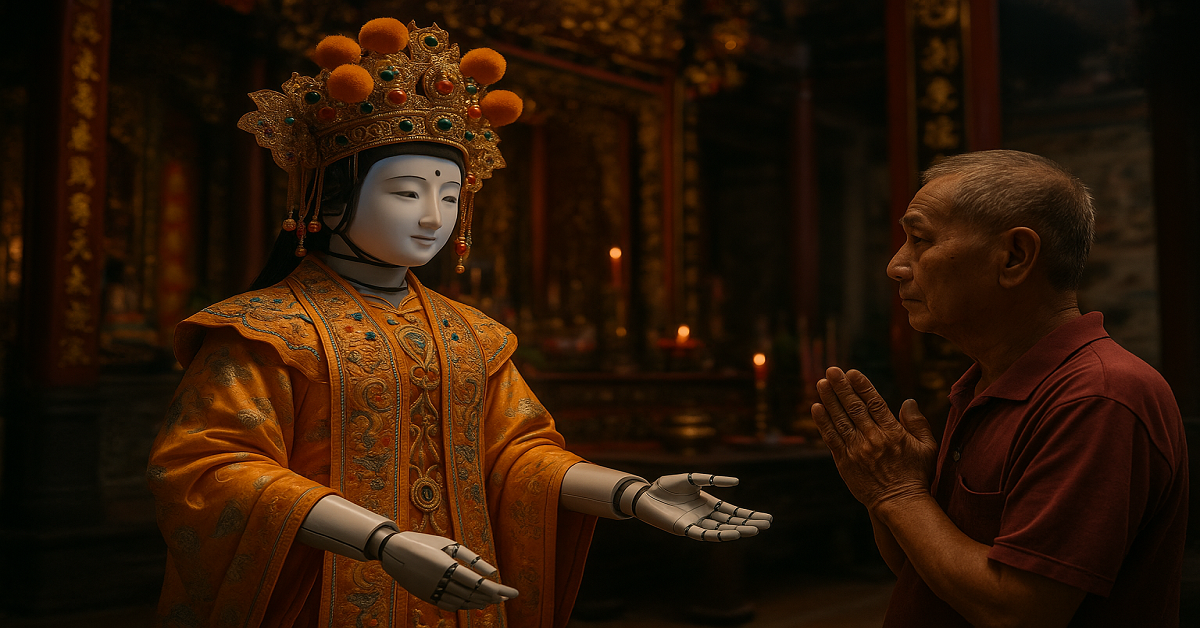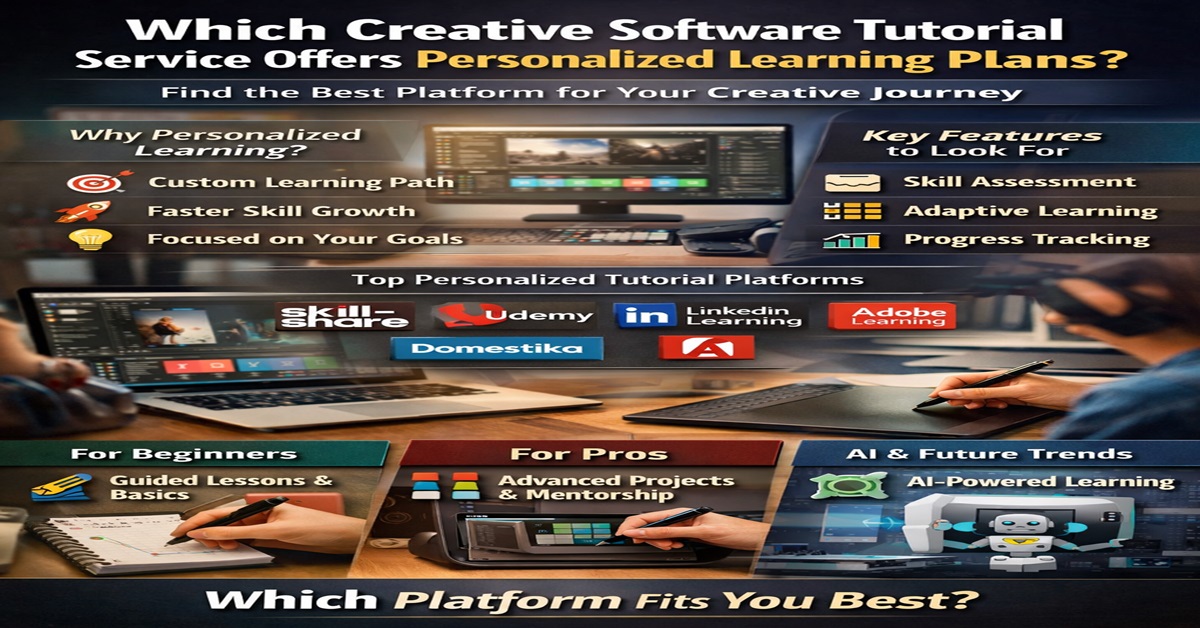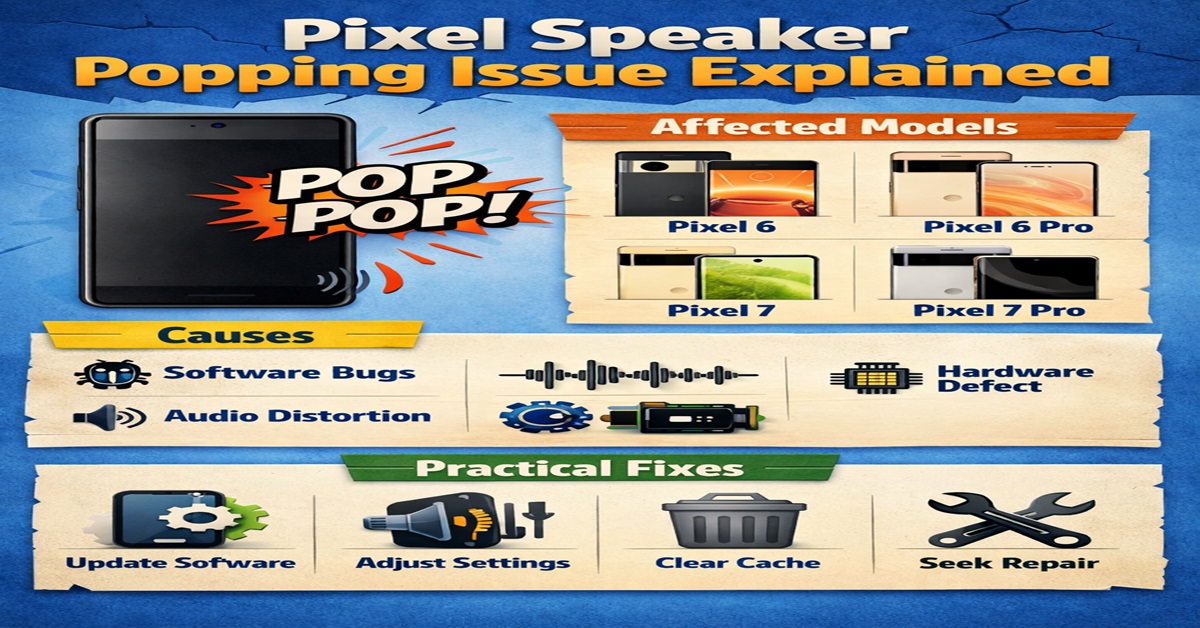A Temple Just Replaced Their God With AI – What Happened Next Will Shock You!”
When Tradition Embraces Technology
Imagine walking into a centuries-old temple and being greeted not by a priest, but by an AI-powered deity. Sounds like science fiction? It’s already happening.
In Malaysia, the Kong Hock Keong Temple recently unveiled the world’s first AI-generated Mazu (Chinese Sea Goddess), designed to interact with devotees in real time. This groundbreaking fusion of artificial intelligence and spirituality is just one example of how AI is reshaping religion, culture, and human connection.
But this isn’t just about a high-tech statue—it’s part of a much larger trend. From AI-powered prayer bots to algorithmic scripture analysis, technology is changing how people engage with faith.
In this article, we’ll explore:
✅ The rise of AI in religion (with real-world examples)
✅ How the Malaysian AI Mazu works (and why it matters)
✅ Ethical debates: Can AI replace spiritual leaders?
✅ The future of AI in faith communities
Let’s dive in.
The Malaysian AI Mazu: A Digital Goddess for the Modern Age
What Exactly Is the AI Mazu?
The Kong Hock Keong Temple in Malaysia made headlines by introducing an AI-generated version of Mazu, a revered Chinese sea goddess. Unlike traditional statues, this AI deity can:
✔ Answer devotees’ questions in real time
✔ Recite prayers and blessings
✔ Adapt responses based on user interactions
How It Works:
- Powered by natural language processing (NLP), similar to ChatGPT.
- Uses facial recognition to detect emotions and tailor responses.
- Draws from religious texts and historical data to provide accurate guidance.
Why This Matters (H3)
This isn’t just a gimmick—it’s a cultural shift. For many devotees, especially younger generations, AI makes religion more accessible and engaging.
Expert Insight:
“AI in religion isn’t about replacing faith—it’s about enhancing connection. Just as books and radio once transformed worship, AI is the next evolution.”
— Dr. Li Wei, AI & Religion Researcher at Nanyang Technological University
AI in Religion: 5 Real-World Examples (H2)
1. AI-Powered Prayer Apps (H3)
Apps like “Pray.com” use AI to:
- Generate personalized prayer recommendations
- Offer guided meditation based on mood
- Connect users with faith-based communities
2. Algorithmic Scripture Analysis (H3)
Google’s “Bible NLP” project uses machine learning to:
- Analyze historical religious texts
- Detect patterns in translations
- Help scholars interpret ancient scriptures
3. Robotic Monks (H3)
Japan’s “Mindar”, a robotic Buddhist monk:
- Delivers sermons in multiple languages
- Uses projection mapping for lifelike expressions
- Attracts younger worshippers to temples
4. Virtual Reality Worship (H3)
Churches and mosques are experimenting with VR services, allowing:
- Remote attendance for the elderly
- Immersive reenactments of religious events
5. AI-Generated Sermons (H3)
Some U.S. churches now use AI sermon writers to:
- Draft weekly messages
- Customize content for different audiences
The Ethical Debate: Can AI Replace Spiritual Leaders? (H2)
The Pros (H3)
✔ 24/7 Accessibility – AI never sleeps, offering guidance anytime.
✔ Language Barriers Broken – Instant translations help global worshippers.
✔ Data-Driven Insights – AI can analyze trends in faith questions.
The Cons (H3)
❌ Lack of Human Empathy – Can AI truly understand grief or joy?
❌ Risk of Misinformation – What if AI gives incorrect religious advice?
❌ Commercialization of Faith – Will temples start charging for AI blessings?
Expert Opinion:
“AI can assist, but it shouldn’t lead. The essence of spirituality is human connection—something algorithms can’t replicate.”
— Rabbi David Cohen, Tech & Theology Scholar
The Future of AI in Religion (H2)
Predictions for the Next Decade (H3)
🔮 AI Confession Booths – Catholic chatbots for private confessions.
🔮 Holographic Preachers – Projected religious leaders for remote worship.
🔮 Personalized Deity Avatars – AI gods tailored to individual beliefs.
Will AI Replace Religion? (H3)
Probably not—but it will transform how we practice. Just as electricity didn’t replace candles in churches, AI won’t erase tradition. Instead, it will enhance spiritual experiences in ways we’re just beginning to imagine.
Final Thoughts: A New Era of Faith
The Malaysian AI Mazu is just the beginning. As artificial intelligence evolves, so will its role in religion—raising exciting possibilities and serious ethical questions.
Key Takeaways:
✅ AI is making religion more interactive and accessible.
✅ Ethical concerns remain about AI’s role in spirituality.
✅ The future may include AI priests, VR worship, and more.
What do you think?
Would you pray to an AI god? Share your thoughts in the comments!








